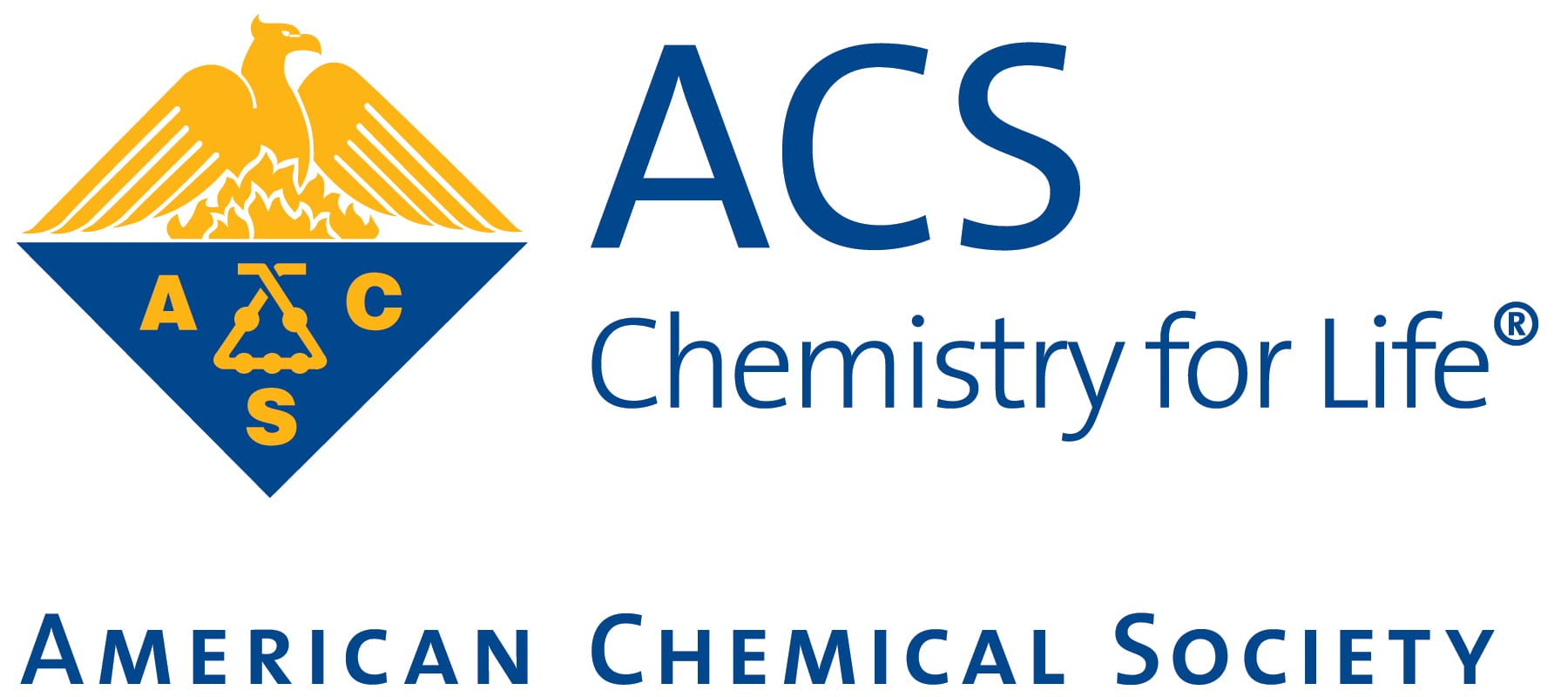One of two Florida colleges to earn a degree certified by the American Chemical Society
Our program is designed to meet the needs of students with diverse needs and goals. Some advantages of studying chemistry at Eckerd College include the following:
- Enthusiastic faculty who teach all the chemistry courses
- Small student-to-faculty ratio
- A “hands-on” approach to the laboratory
- Modern instrumentation available to students
- The personal attention which is the hallmark of the best private liberal arts colleges
- A strong program, with two degrees certified by the American Chemical Society
B.S. in Chemistry, Certified Degree
13 core courses + 2 advanced chemistry electives + a chemistry research project
B.S. in Biochemistry, Certified Degree
15 core courses + 2 biology courses + 1 chemistry research project
Our majors are given the education needed to be competitive at the best graduate or professional schools in the country, or in seeking careers in industry or government. In addition, chemistry instruction is provided for students in other majors such as biology, marine science, and physics.
The best form of teaching a laboratory science occurs in the laboratory itself. A strong, diverse laboratory program produces well-qualified graduates, capable of reaching their goals. Chemistry faculty at Eckerd College have a keen interest in developing students’ laboratory skills, problem-solving abilities, and independence. To help achieve these ends, students are encouraged to work with faculty in on-going research projects.
Program of Study
Eckerd College’s chemistry curriculum begins with a two-semester general chemistry sequence which introduces students to modern chemical theory and applications in a variety of areas. The laboratory experiments accompanying these courses reinforce concepts studied in the classroom, and develop techniques for more advanced scientific work. Extensive use is made of both traditional chemical techniques as well as modern instrumentation. In both general chemistry courses, numerical problem solving is stressed in the classroom and quantitative measurements are emphasized in the laboratory. Our chemistry majors usually enroll in calculus their first year too.
In the sophomore year, students take a two-semester sequence in organic chemistry and, for chemistry majors, a two-semester sequence in physics. The organic courses introduce students to structures and reactions of carbon compounds and help develop an understanding of reaction mechanisms. The laboratory work for organic chemistry includes the synthesis of organic compounds and the use of infrared (IR) and nuclear magnetic resonance (NMR) spectroscopies.
During their junior and senior years, chemistry majors take more advanced courses such as physical chemistry, analytical chemistry, instrumental analysis, biochemistry, and advanced inorganic and advanced organic chemistry. These courses build on concepts learned the first two years to provide students the background in chemistry needed to be competitive in graduate school, medical school, or in an industrial setting.
A major feature of our chemistry program is active involvement by students. Before graduation, students learn to use instrumental methods including gas and liquid chromatography, Fourier-transform infrared spectroscopy, nuclear magnetic resonance spectroscopy, atomic absorption spectroscopy, ultraviolet-visible spectroscopy, and cyclic voltammetry. But technical competence in the laboratory is only one goal. The faculty encourages students to become creative and independent researchers. Therefore, students are strongly encouraged to work with the faculty on research projects during the school year or the summer. For B.S. chemistry majors, the senior year culminates in an independent research project, either in the form of a senior thesis, if invited, or a special project working with one or more faculty members.
Banner photo (top): Hannah Hamontree ’18






